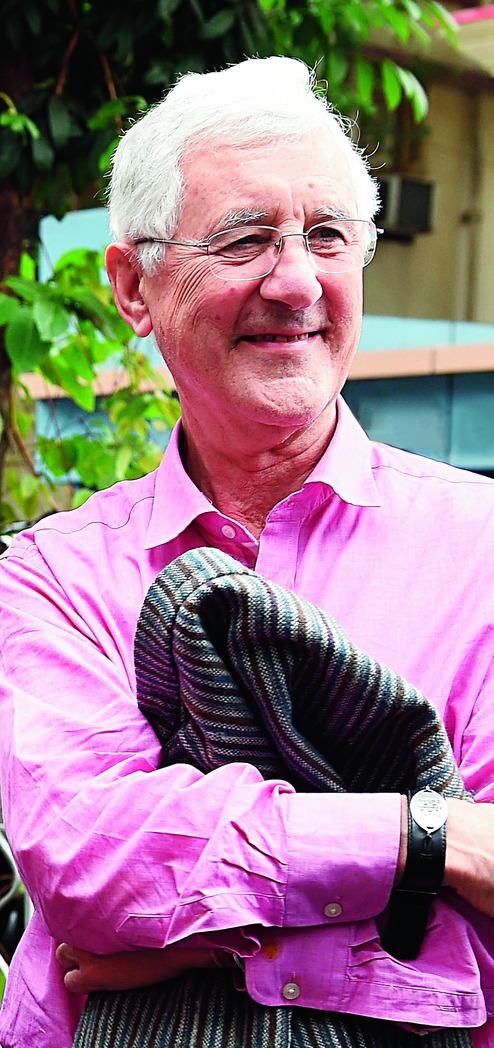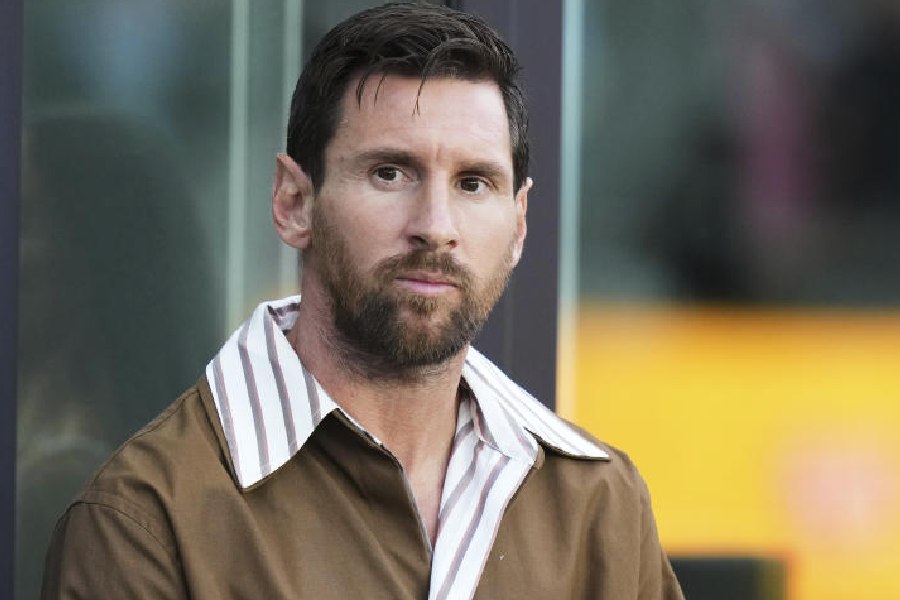
Calcutta: Contrary to the general belief, John Michael Brearley wasn't a qualified psychoanalyst during his playing days.
Brearley, in fact, qualified as one only in 1985 - a good four years after his last appearance for England.
Nobody has been able to recall any other International cricketer who either was an aspiring psychoanalyst or had actually qualified as one during his playing days.
[According to statistician Mohandas Menon, David Rice featured in two first-class matches in 1960-61. He was a psychiatrist-cum-physician and passed away in 1997.]
The 75-year-old Brearley, therefore, stands out in a club all his own. But, then, he was also a captain par excellence.
So, for Brearley to be rather uniquely placed ought simply to be seen as par for the course.
Being being a London-based psychoanalyst for over three decades, Brearley has, after retirement from cricket, authored the epic The Art of Captaincy and, now, On Form.
While The Art of Captaincy hit the stands in 1985, On Form was launched this September.
Now on vacation in India, with wife Mana, Brearley spoke to The Telegraph exclusively on an aspect of his life of which not much is known.
To add, any conversation with Brearley is enriching.
Excerpts...
Q The impression is that you were a psychoanalyst from your England years (1976-1981)...
A No. I qualified in 1985, after on-the-job training, plus participating in theoretical and clinical seminars. The word of mouth bit was there too. Of course, in the period 1974-1976, I'd found a job as a nursing assistant in a unit for adolescents.
Q But even if you hadn't qualified as a psychoanalyst, you'd become more than interested in psychoanalysis. That would surely have helped in your years of captaincy...
A Probably did.
Q You'd graduated from Cambridge then did your MA at the University of California, Irvine... What attracted you to an entirely different field, which eventually led you to becoming a psychoanalyst?
A There was more than one reason, to be honest... Intellectual interest, personal problems and some sense that life has more to offer than I knew... I'd already become interested and, so, decided to pursue psychoanalysis.
Q After your MA in the USA, you'd taught philosophy at the University of Newcastle-on-Tyne from 1968-1971. When did you play cricket then?
A My first-class debut had been in 1961, but I'd made myself available in a limited way between 1966-1970. I was offered the Middlesex captaincy in 1971 and that's when I returned to regular cricket. In between, I'd played for Cambridgeshire and the Middlesex first and second XIs.
Q I'd like to hear it from you... What is psychoanalysis all about?
A It's about helping someone recognise himself/herself and their own pattern of relating. It's about introducing the patient to that person he/she will most be dealing with in the course of their lives - namely himself/herself.
Q When you started off, you'd see seven patients a day five days a week. Now, you have reduced your workload...
A Let's just say I'm working less intensively now with patients.
Q One more... Handling players as captain and handling patients as a psychoanalyst... Is there something common in dealing with those vastly different categories of individuals?
A To keep it short, you need to have sensitivity and common sense. That, indeed, would be of big help.











